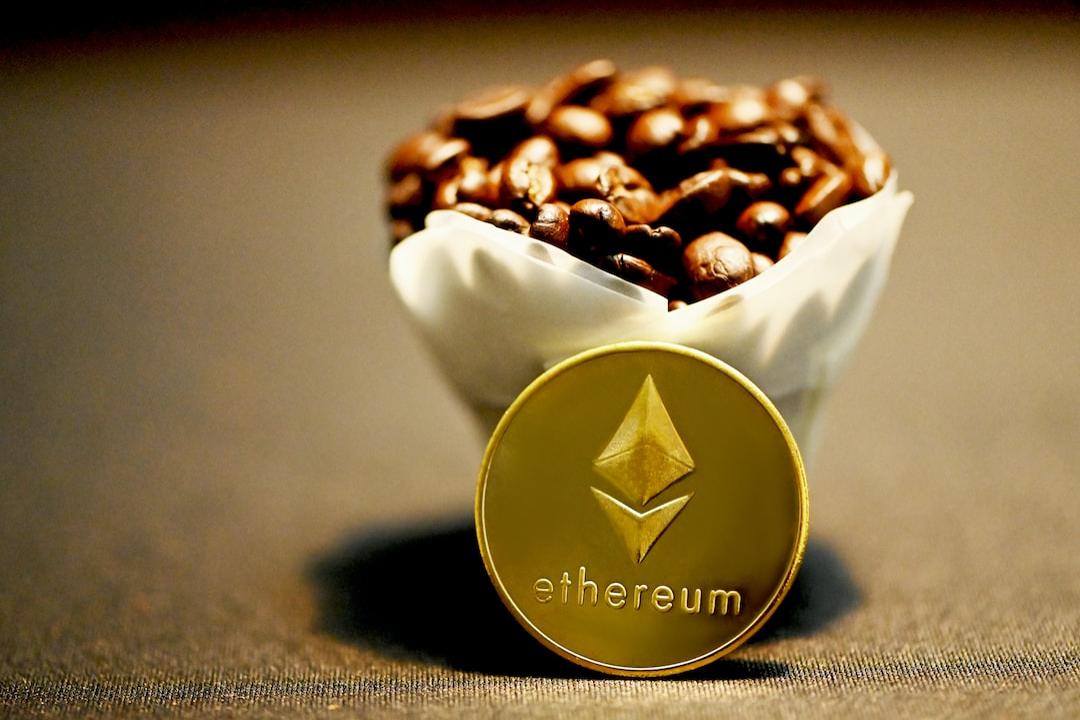
According to Bloomberg reports, the European Union and the United States made little progress in trade negotiations this week, and the differences between both sides on tariff issues remain difficult to bridge.
EU trade chief Maros Sefcovic, after meeting with U.S. Secretary of Commerce Howard Lutnick and Trade Representative Jamieson Greer on Monday, still remains unclear about the U.S. position. Sources reveal that officials from the Trump administration have taken a hardline stance, clearly stating that most tariffs imposed on the EU will not be lifted.
The previously imposed 20% “reciprocal” tariff by the U.S. on the EU has currently been temporarily reduced to 10% for 90 days, but other tariff measures, including those on the automotive and metal industries, will not be directly revoked.
Earlier this month, President Trump announced a series of new tariff policies aimed at reshaping the global trade landscape, promoting the return of manufacturing to the United States, and raising funds for extending tax cuts. The EU had also originally planned retaliatory tariffs on U.S. goods, involving about 21 billion euros worth of U.S. products. However, if negotiations do not yield results within 90 days, the EU will activate these countermeasures.
U.S. officials stated that industry-specific tariffs must be retained, but some automotive tariffs may be offset by increasing U.S. investment, production, and exports. However, if U.S. exports do not see significant growth, there are market concerns that future tariffs may be further increased. The EU proposed a comprehensive elimination of tariffs on industrial goods (including automobiles), but this suggestion was rejected by the U.S. The U.S. has also requested that European chemical companies produce more pharmaceutical raw materials in the U.S., integrate supply chains, and prioritize the procurement of American products.
On steel, aluminum, and potential future copper tariff issues, the U.S. hopes the EU will propose specific plans and hinted at the possibility of “joint tariffs.” The EU also suggested increasing the purchase of liquefied natural gas from the U.S. as a substitute for tariffs, but the Trump administration showed little interest in this. Additionally, the U.S. insisted on including non-tariff barriers in the discussions, such as regulations on digital technologies and artificial intelligence, as well as food standards, indicating that the differences between both sides extend beyond tariffs themselves.
Currently, technical negotiations between the EU and the U.S. are ongoing, but slow progress is intensifying market uncertainty. Analysts believe that if both sides cannot reach a consensus, the implementation of retaliatory tariffs could further impact global supply chains, having a greater effect on industries such as automotive, metals, and pharmaceuticals.
Bitcoin Momentum Slows! Leverage Risks Mount as Market Eyes Key Support at $110,000
On-Chain Analysis Company Glassnode ReportsOn-chain analysis company Glassnode noted in it…
